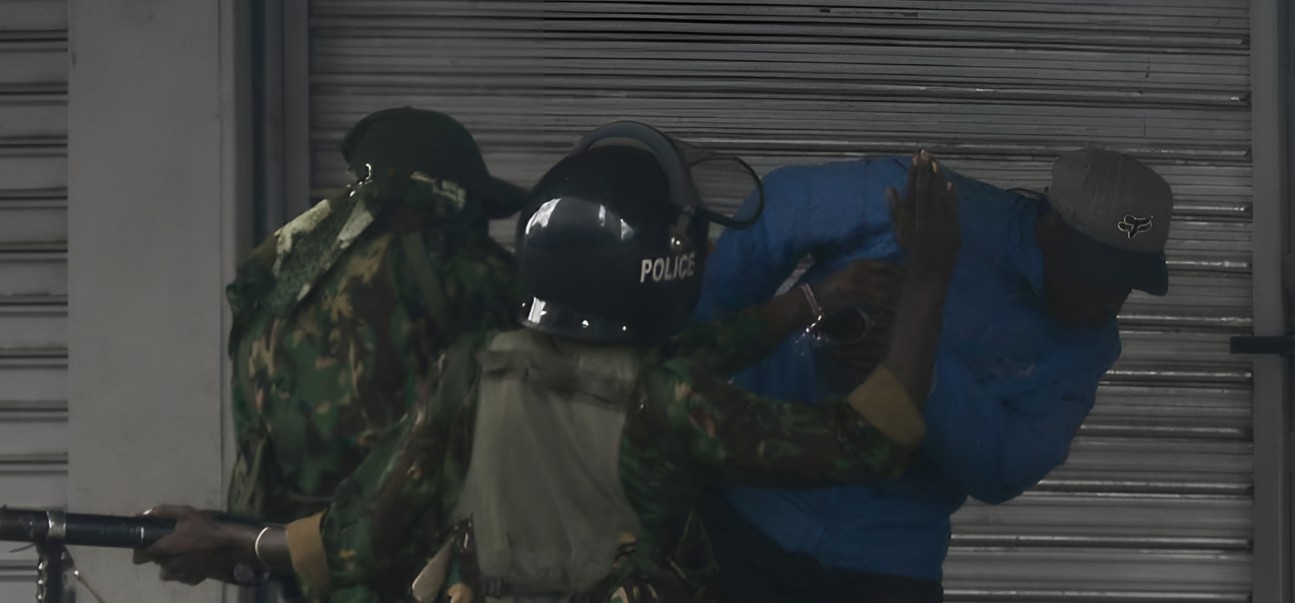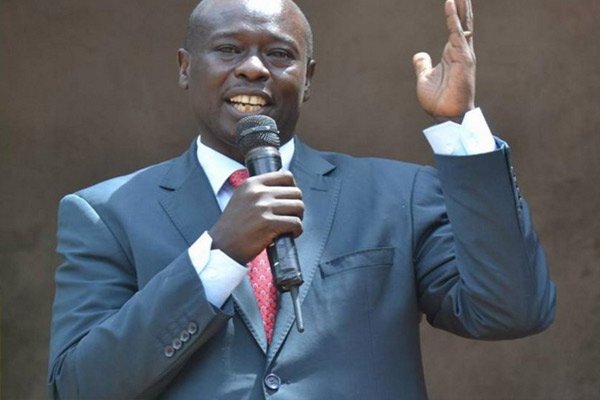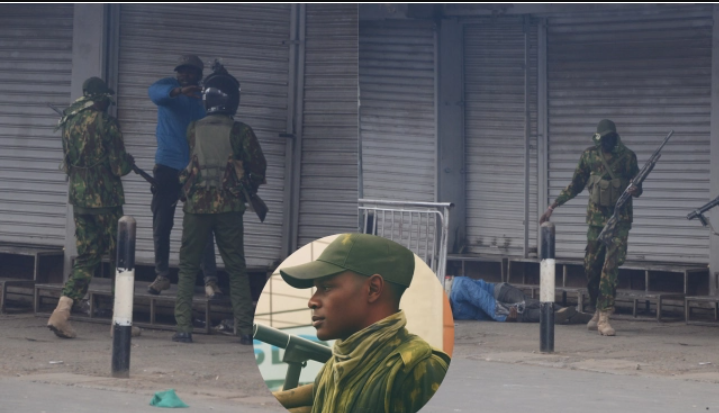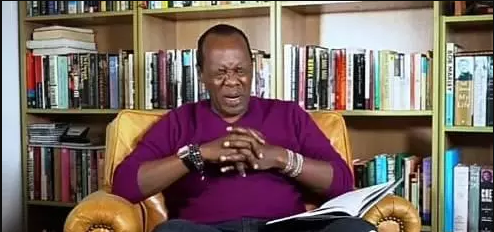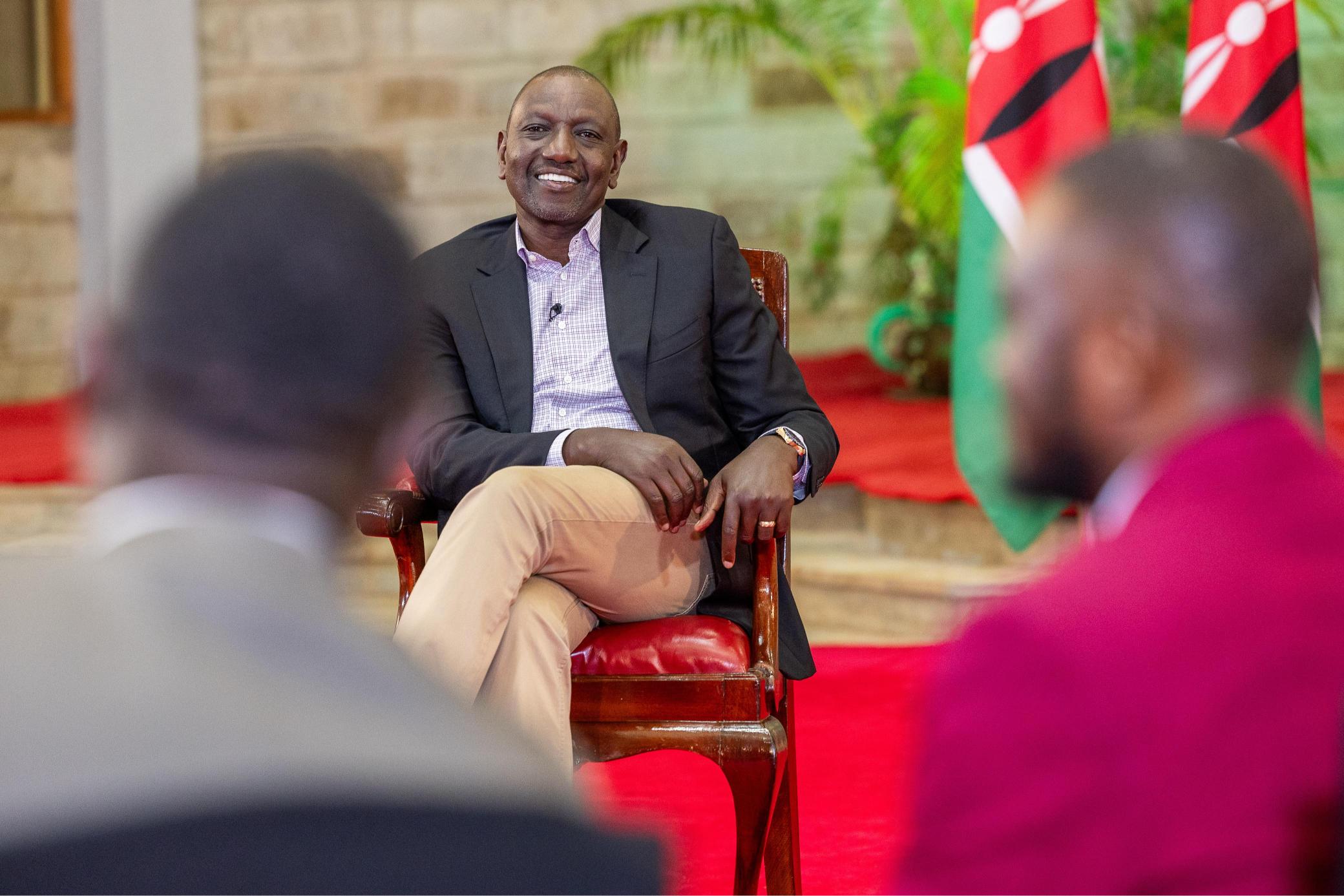Jimmy Gathu recounts attempting to subvert Kanu regime censorship by submitting Russian play
immy Gathu, a veteran actor and well-known media personality, has shared his experiences of life as an artist in Kenya in the late eighties and early nineties. Gathu says that Kenyan theater was essentially owned by the government at the time, and that writers and directors had to submit their scripts for review and approval. Plays that were critical of the government or touched on politics were almost always rejected.
“In those days, you couldn’t do political plays without the government’s permission,” Gathu said on the podcast “Cleaning The Airwaves.” “You’d take your script to them, and they would read it and peruse it. If they thought it was talking badly about the government, they would say, ‘No, you can’t go ahead with it.‘”
Gathu described the challenges he and other artists faced at the time as they fought for artistic freedom. He recalled submitting a Russian play, hoping that using a foreign language would allow him to bypass the censorship, but his attempt was unsuccessful.
“There is this famous Russian play, The Government Inspector,” he said. “We were told, ‘Even though it’s in Russian, no.‘ This was 1989, 90, and 91. Anything with political undertones was canceled. You’d just be told no, and there was nothing you could do.“
Gathu also recalled that the first person to mimic the late president Daniel Arap Moi would often be arrested. He went on to tell stories about Nderitu, a censor who was particularly troublesome for artists.
Gathu’s experiences highlight the challenges faced by artists in Kenya during a time of political repression. His story is a reminder of the importance of artistic freedom and the need to protect the rights of artists to express themselves freely.

